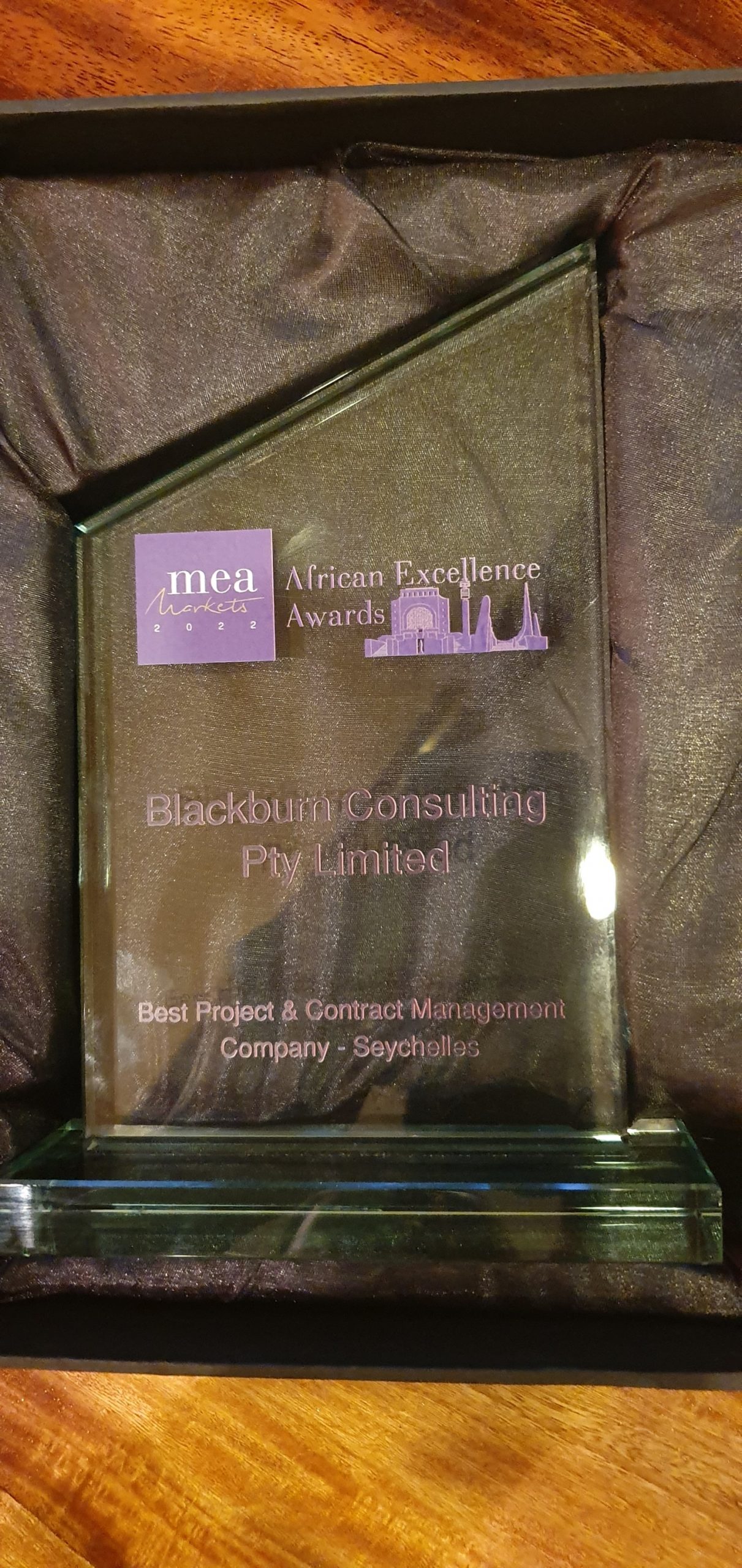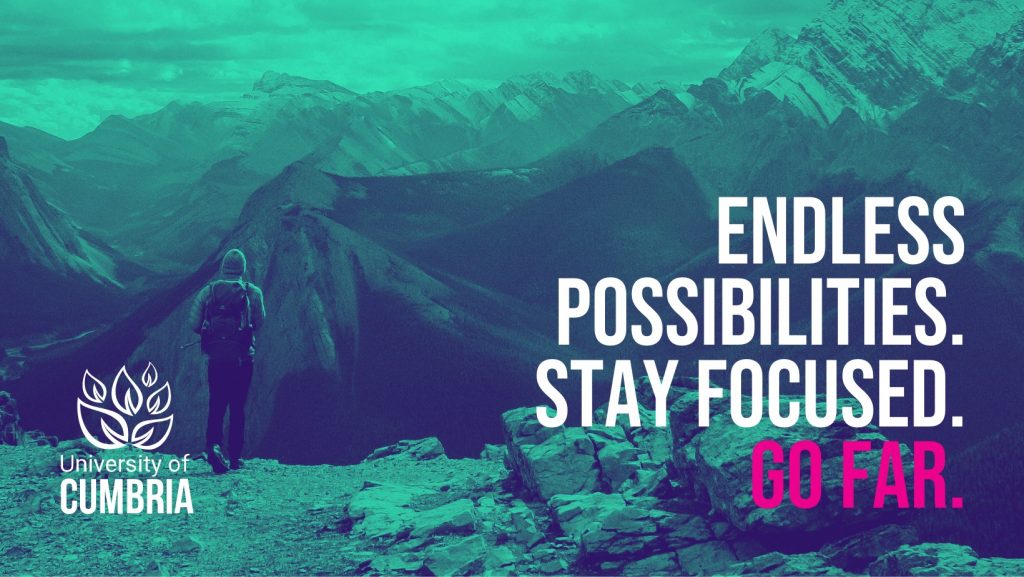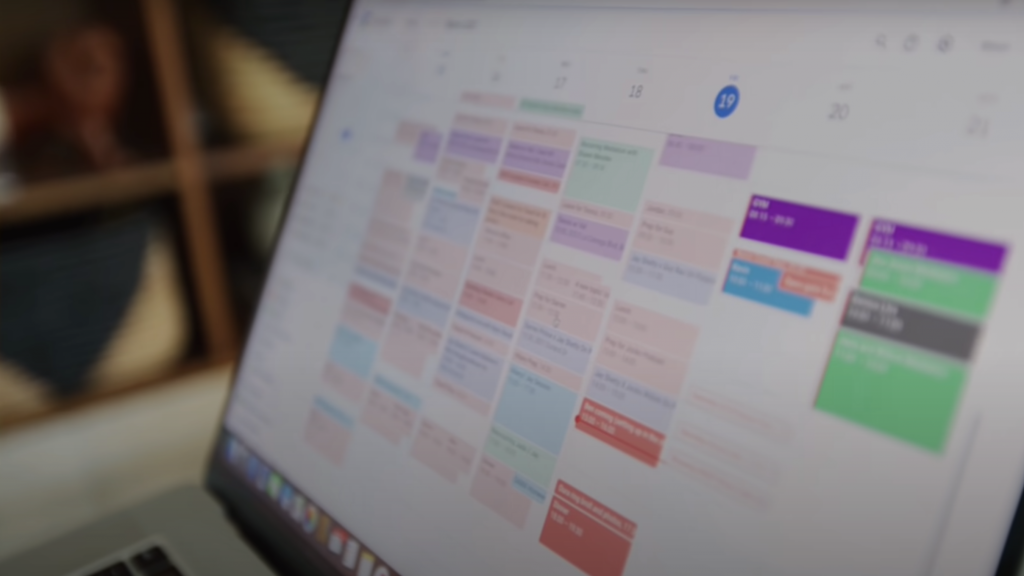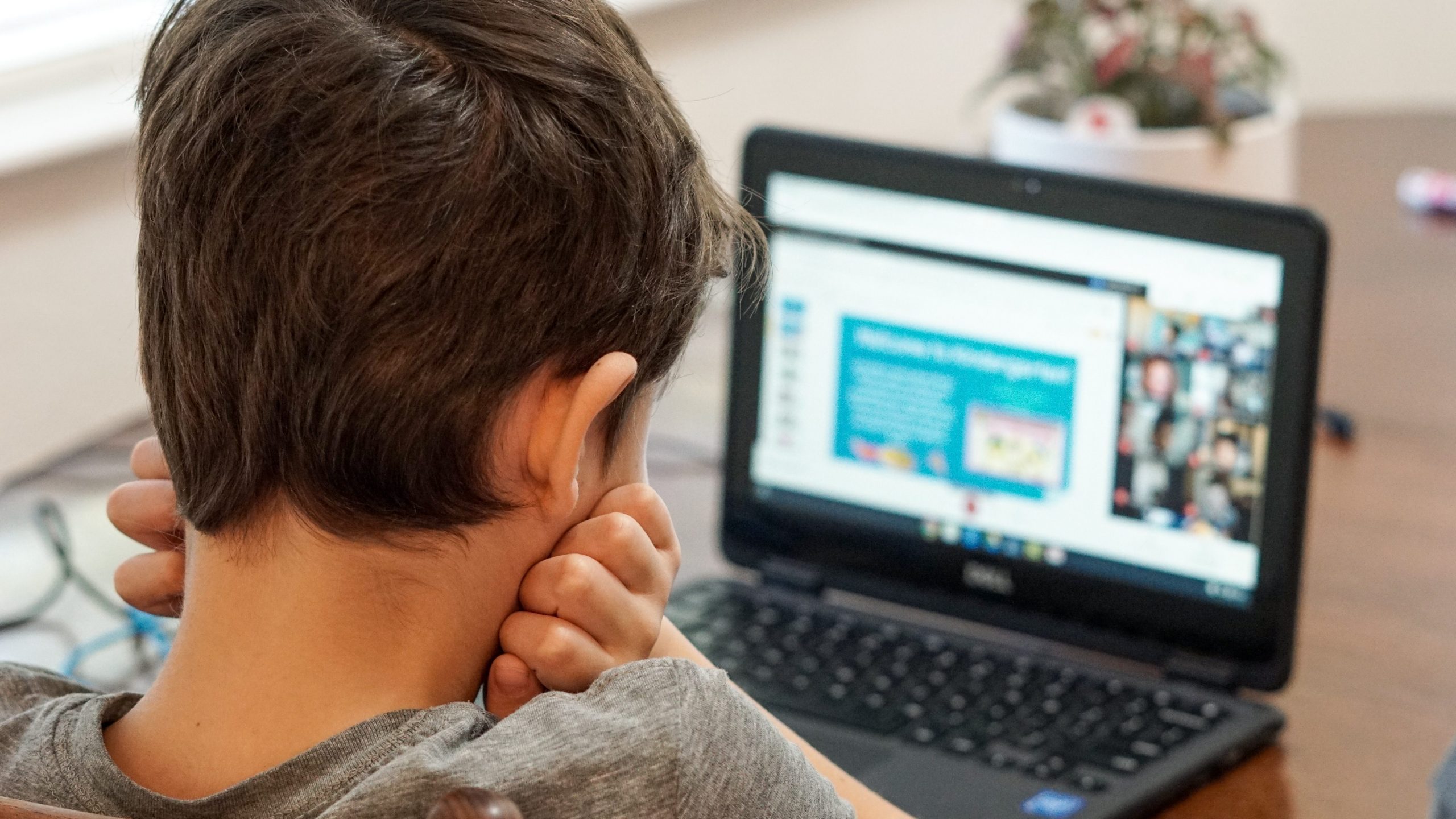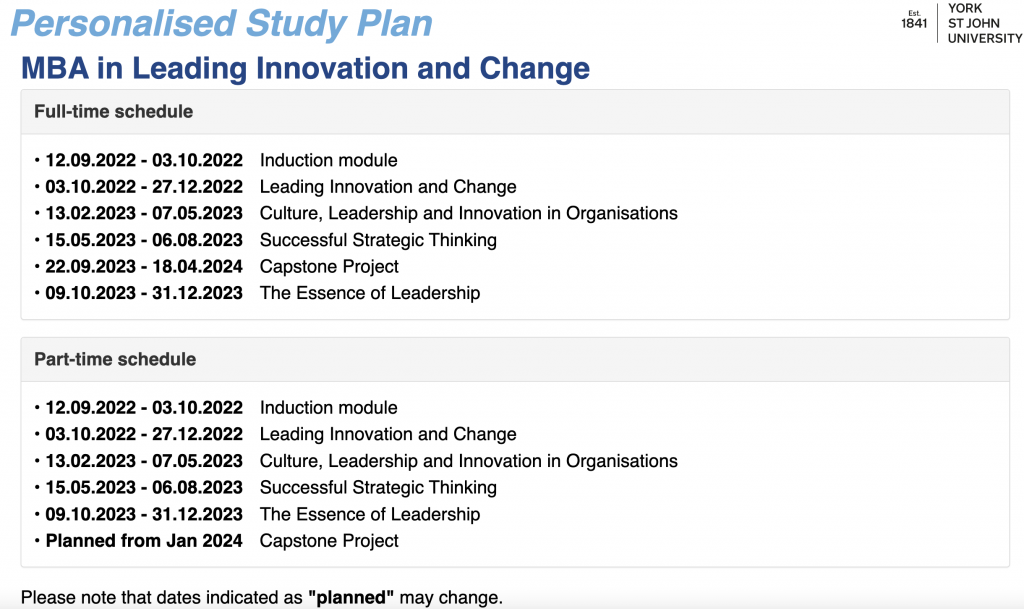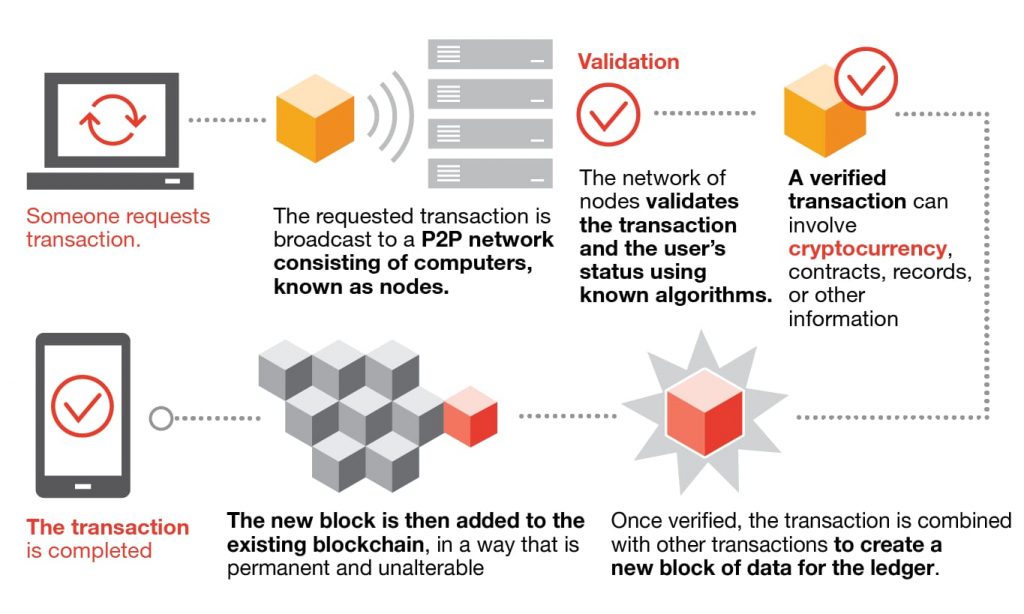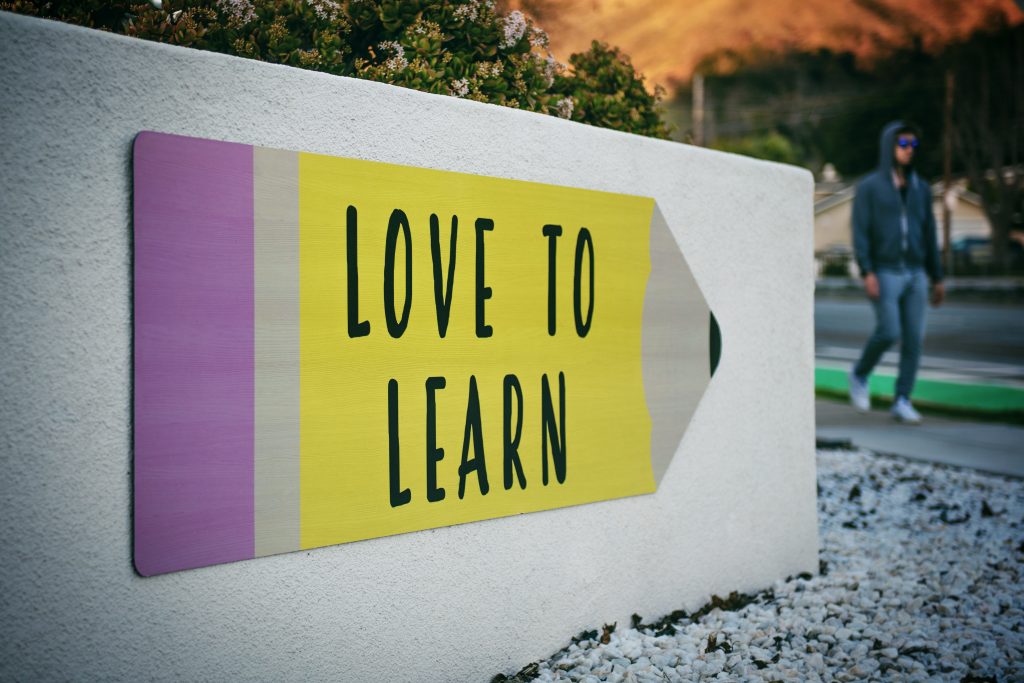As an interviewee, I distinctly remember being asked this question: What is your weakness? I am sure you would resonate with me and must have found yourself in a similar situation. As I would be ‘well-prepared’ for the popularly asked questions in a job interview, I would promptly reply – Perfectionism. Trying to be perfect at everything I do is my weakness.
Many of us believe that perfectionism is required to progress in our careers. Well, that notion is a myth, and we should instead not let perfection get in the way of our career progression. It is in your best interest not to let perfection become a barrier in pursuit of success.
With the advent of social media, perfectionism (and the pressure of it) has increased over the years. It is easy to make comparisons now, not only with people around you but also with people from across the globe. The world has shrunk, and there are practically no borders, thanks to social media and the internet.
There is a thin line between setting high standards and perfectionism. There is a big difference between ambition (adaptive perfectionism) and what is commonly referred to as perfectionism (maladaptive perfectionism). Setting goals for yourself and working towards them proactively in a healthy way is good – however, the moment this becomes stressful and feels like a burden, know that you are going downhill. Then it becomes maladaptive perfectionism. Constantly holding yourself responsible and obsessive behaviour towards not making mistakes can have negative consequences.

According to a study by Hill, A. P., & Curran, T. (2016). Multidimensional Perfectionism and Burnout: A Meta-Analysis. Personality and Social Psychology Review, 20(3), “pure” perfectionist striving displayed notably larger negative relationships with overall burnout and symptoms of burnout. In terms of moderation, in some cases, perfectionist striving were less adaptive, and perfectionist concerns more maladaptive in the work domain.
Perfectionism has negative consequences – here’s how.
It is crucial that you understand how perfectionism has negative consequences and holds you back. Beyond a point, perfectionism becomes demotivating. When unattainable standards are set, self-doubt creeps in, leading to reduced engagement. You’ll get farther if you embrace your limits and do your best. With this alternative, you’ll be able to invest energy in your responsibilities and relationships, and in turn, people will feel good about working with you.

Perfectionism also limits your effectiveness. Since you are so focused on perfection, you tend to ignore the mistakes, learn the lesson from those mistakes and improvise. Rather than incremental improvement, perfectionism becomes a recipe for stagnation.
While you may think that a perfect person must be popular amongst management and admired by peers, surprisingly, it is quite the contrary in reality. Overwork and overthinking become your hallmark. It will be difficult to trust a perfectionist who is more intimidating than welcoming. People would rather not work with you as they will feel pressurized by unrealistic, unattainable expectations.

Strive for excellence rather than perfectionism
If you want to better your chances of making career progression, identify what kind and level of perfectionism you are. When you realize you are inching towards maladaptive perfectionism, know it’s time to steer clear of the oncoming negative consequences and move towards adaptive perfectionism.
Instead of striving to be perfect at your job, focus on being happy. The happier we feel at work, the more productive we are, which can lead to fantastic career opportunities in the future.
Here are 5 reasons why it is okay not to be perfect at work:
1. Strike a balance
Research shows that half of workplace absences are due to stress and mental illness. Focusing too much on being perfect at your job can severely impact your well-being, professionally and personally. The sooner you accept that there’s only so much you can achieve in a working day, the better. Putting unnecessary pressure on yourself to achieve only the best results can be counterproductive.
2. Learn from others and your own mistakes
When you are not busy being perfect and tunnel-visioned, you will be surprised to see how much you learn from colleagues, junior or senior. Plus, the less time you spend perfecting your work, the more time you have to build positive relationships with your colleagues.

3. Less pressure and stress
The less pressure you put on yourself to be perfect at your job, the less you’ll worry about making mistakes. There is always pressure to achieve targets, make profits, expansion plans and so on. You are more prone to make mistakes when there is so much at stake. Always remember, to err is human. It is essential here to learn from those mistakes and not stress about them.
4. Get more done
According to research, the average worker puts in 10.1 overtime hours per week. That’s the equivalent of 469 hours per year! Plus, only one in 10 did so because they loved their job. When you are not stressing about unrealistic targets and deadlines, you will realize how you make time for other (maybe more) important things in life. It could be pursuing a hobby, fitness goals, spending time with friends and family, or travelling. It is crucial for a healthy mind and body and overall well-being.


5. Perfectionism lies in the eyes of the beholder
Understand the true meaning of perfection. It is essential to set priorities whenever you take a project in hand. Setting realistic targets will make you achieve them relatively quickly and feel happier and content. The accomplishment will pave the way toward taking on more tasks and responsibilities.
In a nutshell, excellence is undoubtedly linked with career advancement, but perfection is not. For all kinds of reasons, perfection can limit you—in terms of your performance, relationships, happiness and well-being. No human is perfect, but you can reimagine “perfect” as embracing your imperfections.
Outside the interview, would I call myself a perfectionist? I don’t think so. I always try to achieve the standards I set for myself, or even higher when possible. Furthermore, I follow the mantra, “Work to Live and not Live to work”. What is your mantra at work? Please share in the comments below.


